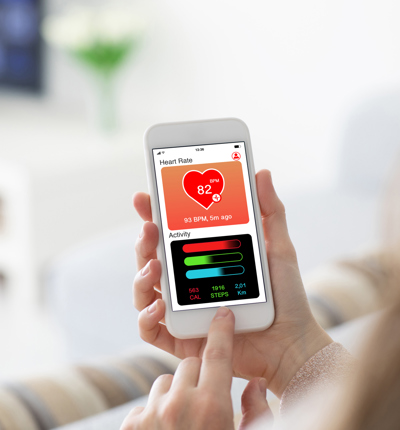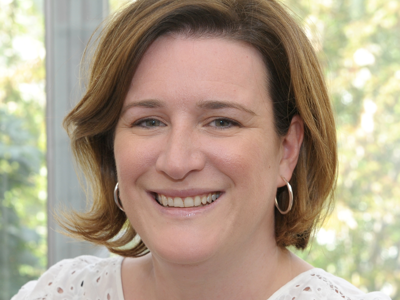
Health-related apps: How to check if they are approved for use
Jill Paterson and Megan George discuss the safety of health-related apps.
Posted on 19 February 2021
How many of us use health-related apps on our phones? The chances are most of us use at least one, either as part of our fitness regime or to help us track or regulate certain aspects of our health and wellbeing.
But with around 370,000 health-related apps available, how can we be sure that we are choosing safe apps?
Common failings
The Organisation for the Review of Care and Health Apps (Orcha) works with several NHS Trusts to review health-related apps and determine if they should be recommended to patients by NHS staff.
According to a recent BBC article the firm found that 80 per cent of health-related apps do not meet its standards, reporting failings such as poor information or lack of security updates.
One of the most worrying concerns highlighted by Orcha is the insufficient awareness of regulatory requirements.
How are medical-related apps regulated?
The Medicines and Healthcare products Regulatory Agency (MHRA) is the government body responsible for regulating medical devices.
A medical device is defined widely and includes any app which offers diagnoses, monitors injuries or diseases, offers advice for prevention of diseases, tracks doses for medication, or controls conception. For example, a period tracker or an app that is intended to diagnose based on photographs of the user would be considered medical devices.
Apps that do not have a medical purpose, for example, apps that are used to book appointments without offering any medical advice, do not fall within this category. There are currently many apps on the market to help monitor fitness regimes by tracking the user’s speed, distance, and heart rate. These will not be considered medical devices unless the intention behind the app is to affect the user’s medical treatment.
Any medical device on the market in the UK must be UKCA marked (or CE marked until 30 June 2023). This mark confirms compliance with the relevant standards and functions in the way that it was intended by the developer.
In circumstances where the app offers access to a virtual appointment with a medical professional, for example, a GP or dentist, they must also be registered with the CQC (Care Quality Commission).
Why is this a problem?
This process can cause difficulties, as app developers can self-categorise their apps, and can inadvertently deem an app as a non-medical device.
This means that there could be apps available on the market which, unintentionally, are incorrectly regulated. As such, consumers should be sure to carefully check the apps that they are using to satisfy themselves that they are approved for use.
How do I know my app is approved for use?
Before downloading the app:
- Always check the terms and conditions and make sure you understand what personal data you need to share with the app and how they will handle this data.
Check if the app carries a UKCA or CE mark. If it does not, then do not use the app and report it to MHRA. - If the app offers access to virtual appointments, check that it is registered with the CQC.
- Check if the app is recommended by the NHS.
- Read the online reviews.
Once you are satisfied that the app is approved for use:
- Make sure you follow the instructions carefully and be honest with the information you provide as this could affect the advice the app gives you.
- Ensure that the app is always updated to the latest compatible version.
- If you are ever in doubt about the advice given by the app consult a healthcare professional.
- If you have concerns about the safety of the app then you should report this to MHRA and the developer of the app.
- If you are worried about any symptoms always seek medical advice.



